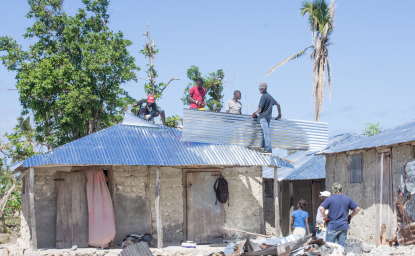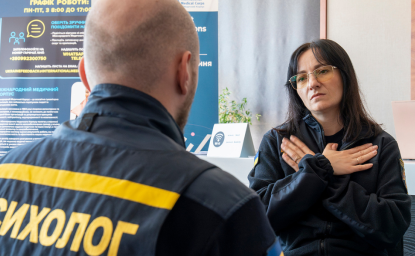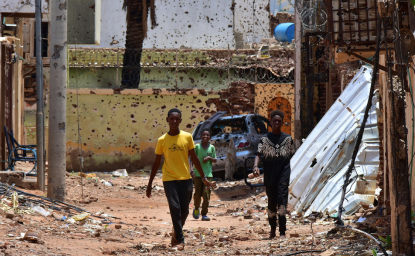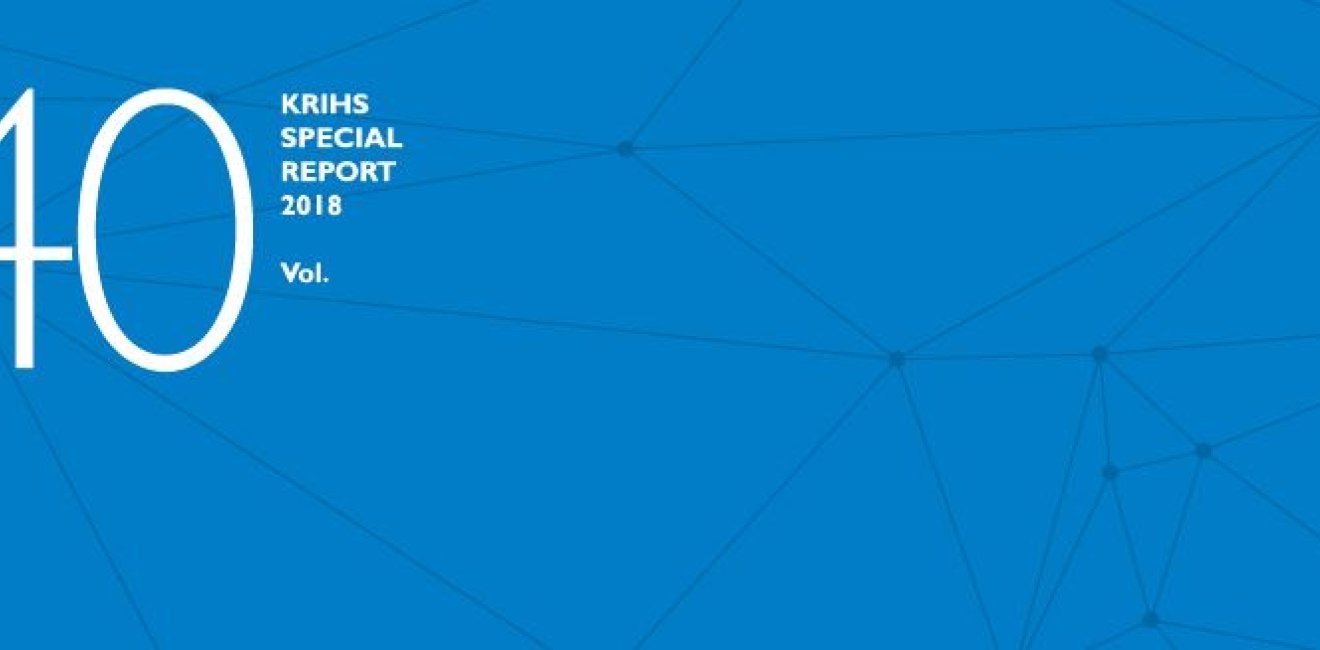Flooding affects more people globally than any other type of natural hazard. In Korea, where flooding accounts for 90% of all natural disaster damage, climate change and rapid urbanization have made cities particularly vulnerable to flooding disaster. How can urban policy and planning minimize disaster risk, reduce damage and loss, and improve response and recovery efforts? For the past three years, the Urban Sustainability Lab and the Korean Research Institute for Human Settlements (KRIHS) have joined in a research exchange to examine policy and practice to help urban areas improve flood resilience. As a part of this Wilson Center-KRIHS joint initiative, Dr. Woosuk Han, research fellow at the Urban Disaster Prevention & Water Resource Research Center in the Urban Research Division at KRIHS, recently published a special report on improving regional resilience to flooding disaster in Korea. To view the full report, click on the link below.

Urban Sustainability Laboratory
Since 1991, the Urban Sustainability Laboratory has advanced solutions to urban challenges—such as poverty, exclusion, insecurity, and environmental degradation—by promoting evidence-based research to support sustainable, equitable and peaceful cities. Read more

Explore More
Browse Insights & Analysis
In the Wake of a Tropical Cyclone: Turning to Violence or Building Peace?

Healing Ukraine's Invisible Scars

Volunteers Open Doors in Sudan Typically Closed to International Aid Groups

